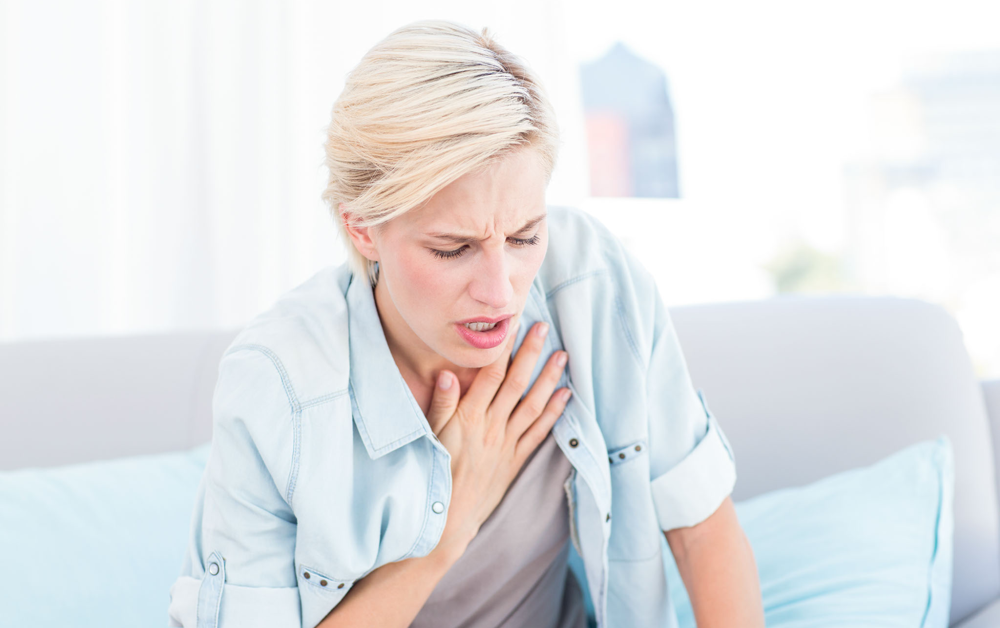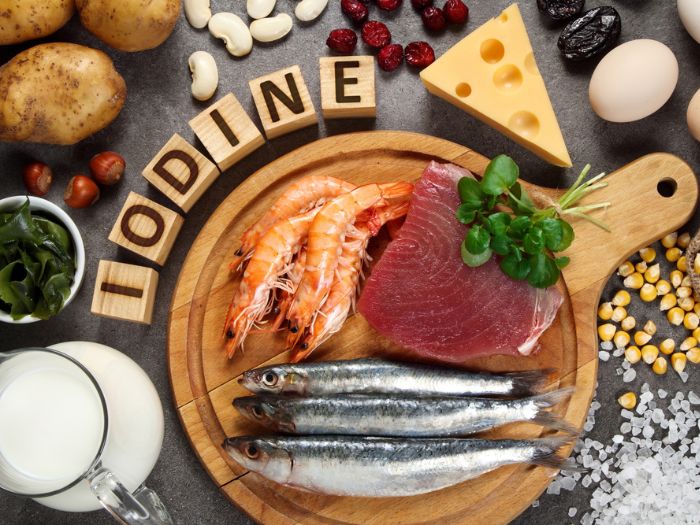Would you be surprised to hear that, “what you eat may influence how you breathe”?
Yes, just as how our body uses food as fuel for all of its activities, in the same way it requires proper food and nutrition to help us breathe easier.
Bronchiectasis being a chronic respiratory disorder, it causes added strain in one’s body for increased work of breathing.
For someone being affected with this respiratory condition, obtaining optimum nutrition through diet becomes a crucial part of their overall disease management.
How does diet influence bronchiectasis?
Researchers have been studying the association between nutritional depletion and chronic respiratory diseases for a long time. What most studies conclude is that malnutrition is becoming highly prevalent in patients suffering from bronchiectasis.
This means a nutritious diet including consuming micronutrients such as protein, healthy fats, vitamins and minerals are required by the body to recover for the increased work of the breathing associated with this condition.

Both oxygen and food are the raw materials for the process of metabolism, which derives into strength and energy.
Considering that, a right mix of nutrients in your diet is necessary for managing bronchiectasis. However, it is best to seek individualised nutritional education and diet counselling by a qualified dietician for managing bronchiectasis through diet.
Here is a list of things to do to manage bronchiectasis through diet
1. Get the right mix of carbohydrates and fats in your diet
While metabolism of carbohydrates produces the highest amount of carbon-dioxide for the amount of oxygen used, fats produce the least.
People with bronchiectasis or COPD (Chronic Obstructive Pulmonary Disease) are often recommended to eat a healthy mixture of carbs and fats by their dieticians.
So, when you’re deciding the right carbs and fats diet, it is best recommended being advised by a dietician. Eating a diet fewer in carbs and more in healthy fats might help you breathe easy.
2. Eat enough to prevent unintentional weight loss
Patients with bronchiectasis may present underweight and/or malnutrition due to increased work of breathing. Bronchiectasis also impacts their lung function, immune system and physical strength.
Additionally, people with bronchiectasis complain about reduced appetite, general fatigue and enhanced risk of infection due to malnutrition.
When you start managing bronchiectasis through diet, choose to eat more complex carbohydrates, such as incorporating a variety of carbohydrates, fresh vegetables and fruits in your diet. Couple it with protein with high fat content, whole milk cheese and yoghurt.
3. Stay hydrated always
Patients with bronchiectasis also suffer from lung secretions that lead to dehydration and increased risk of infection.
Drinking plenty of water will not help keep you hydrated, but also assisting in thinning the mucus for easier removal.
Drink around 6 to 8 glasses of water daily and spread over the entire day.
4. Vitamin D deficiency becomes more frequent
Patients affected by bronchiectasis are frequently deficient in vitamin D and are coupled with declining lung function.
This is the only nutrient which is formed when our body is exposed to sunlight. While the best source is the sunlight itself, food such as salmon, sardines, cod liver oil, canned tuna and egg yolks are best recommended by dietitians for vitamin D.
There are supplements that can give an instant vitamin D boost, but rather concentrate on eating healthy foods that are high in vitamin D.
5. Overweight bronchiectasis patients should practice portion control
For an overweight individual, monitoring portion size and meal more frequently is best advised.
While the main goal is to eat something from everything, make sure there is a good balance between carbohydrates, fats and protein in every meal.
6. Consume probiotics and fibres as re-balancer’s
Include a serve of probiotics in your meal to assist in rebalancing gut bacteria. Food like brined cabbage, kefir, aged cheese and yoghurts are good sources of probiotics.
In case of fibres, high-fibre grains will provide essential energy and enzymes for gastrointestinal integrity for managing bronchiectasis.






